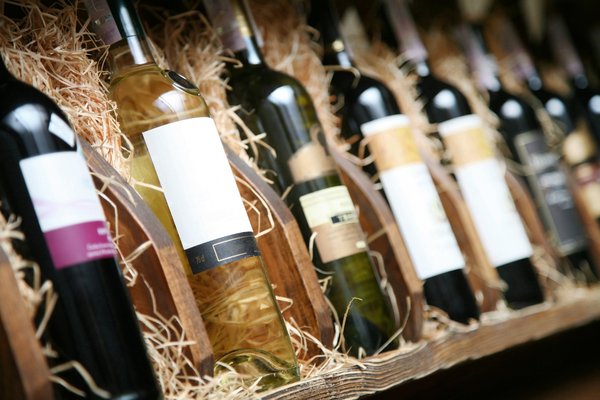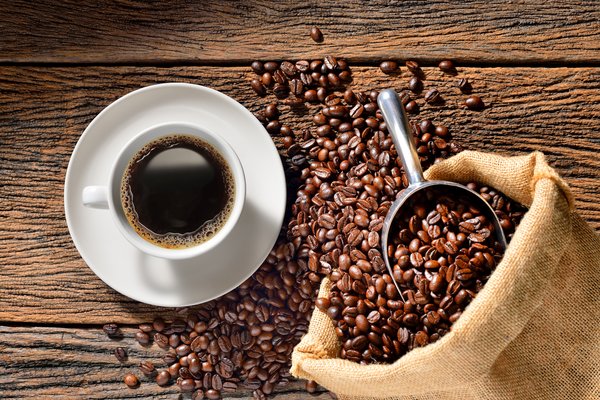
Beverage stocks have been some of the biggest winners in history on the stock market. In the 20th century, Coca-Cola (KO 0.31%) was one of the best-performing stocks you could own, and Pepsico (PEP -0.41%) wasn't far behind. More recently, stocks such as Starbucks (SBUX -1.02%) and Monster Beverage (MNST -2.17%) have delivered enormous returns.
There's a simple explanation for why these beverage stocks have been such high performers. Beverages lend themselves to branding, which creates competitive advantages, and they are high-frequency consumables as well as consumer staples, meaning that consumers buy a lot of them regardless of the broader economic environment.
But there hasn't been a similar juggernaut in tea stocks. Currently, there are no pure-play tea stocks above micro-cap range, or those valued at $300 million or more. Micro-cap stocks, like David's Tea, which fizzled in recent years, are considered higher risk and are best avoided by newer investors.
For investors seeking tea industry exposure, the only way to do so without buying micro-caps is by owning larger, diversified companies. Keep reading to learn about three of the top tea stocks you can buy today.
Best tea stocks in 2024
| Company | Market capitalization | Description |
|---|---|---|
| Unilever (NYSE:UL) | $129.2 billion | Global conglomerate and the world's biggest tea business, with brands including Lipton, Tazo, and Brooke Bond. |
| Hain Celestial (NASDAQ:HAIN) | $1.6 billion | Diversified natural foods company and owner of the Celestial Seasonings tea brand. |
| Starbucks (NASDAQ:SBUX) | $120.4 billion | World's largest cafe chain and owner of the Teavana tea brand. |
1. Unilever
The British-Dutch conglomerate and parent of brands such as Hellmann's, Ben & Jerry's and Dove is also the world's biggest tea company. Unilever owns several tea brands, with Lipton's as its biggest.
But there's a catch with investing in Unilever for its tea segment. The company is in the process of separating much of its tea business, forming a distinct entity with an estimated value of $5.6 billion. In its July earnings report, management said that the operational separation of the tea business was substantially complete and was expected to wrap up in October. The company could spin it off in an initial public offering (IPO), sell it, or form a partnership with it.
Unilever will retain control of its hot tea business in India and Indonesia, two large markets, and its ready-to-drink business selling bottled Lipton iced tea in a partnership with PepsiCo.
A spinoff would offer prospective tea stock investors a unique pure-play opportunity since Unilever said the business generated around $2.4 billion in revenue in 2020. The company doesn't break out specific results for its tea business, calling it a part of its Foods & Refreshment segment, but it did say its entire tea business saw high-single-digit sales growth in the first half of 2021, following low-single-digit growth in 2020.
The company is selling off slower-growing components of its tea business in part because of its strategy of shifting resources to high-growth business and because black tea sales (which are most of the company's tea business) have been sluggish in the U.S. and Europe as consumers shift to herbal teas.
2. Hain Celestial
Hain Celestial owns an array of natural foods brands, including Terra Chips, Garden of Eatin' snacks, and Greek Gods yogurt. But it's probably best known for Celestial Seasonings and its more than 100 different types of tea.
The percentage of its sales from tea has steadily grown, rising from 5% in fiscal 2019 to 7% in fiscal 2021, which ended June 30, 2021. Hain Celestial's total revenue was $2 billion in fiscal 2021, meaning its tea business generated approximately $140 million in revenue.
The company considers Celestial Seasonings one of its "Get Bigger" brands, part of a strategy to identify its strongest brands with higher operating margins in categories with strong growth potential and invest in them to reinvigorate profitable growth and increase market share.
In fiscal 2021, Celestial Seasonings' distribution points increased 12%. The company has rolled out a new advertising campaign for the brand, as well new products such as a new line of K-Cups, a high-caffeine tea called Energy Tea, and new organic wellness teas under its TeaWell brand. Those are all positive signs for the tea brand and for Hain overall.
3. Starbucks
Starbucks is best known as a coffee brand, but the company has long had aspirations of becoming a leader in tea, first with its Tazo brand and more recently with Teavana, which it acquired in 2012. It later sold Tazo to Unilever to make Teavana its sole tea brand.
The Teavana acquisition, however, has mostly disappointed. Starbucks was forced to take a $102 million writedown when it shuttered all of Teavana's stores, recognizing that a mall-based chain selling loose-leaf tea was not a good growth business, particularly in malls where Starbucks already has its own cafe presence and can sell Teavana products.
Starbucks doesn't break out tea sales, so it's difficult to estimate the size of its tea business. But it likely comprises at most a few percentage points of total revenue, which was $23.5 billion in fiscal 2020.
Still, Starbucks is the world's leading cafe chain, giving it an advantage in brewed tea sales, a discretionary category with different economics from packaged tea. If tea becomes trendy or consumption rebounds in Starbucks' key markets, you can bet the company will be ready to take advantage.
Related investing topics
Should you invest in tea stocks?
There's a simple explanation for the lack of pure-play tea stocks: Tea consumption has been slow-growing in recent years. That means there probably isn't a big appetite to invest in tea companies. Consumers have turned away from tea in favor of other beverages such as coffee, energy drinks, and newer options like coconut water and kombucha. Meanwhile, black tea sales in particular have been challenged as tea drinkers choose more herbal teas when they do drink tea.
While those trends could change, investors should be mindful of the challenges facing the category. Keep an eye on what happens with the Unilever spinoff. That will be a big test for the industry overall and an indicator for how investors value legacy tea brands.













